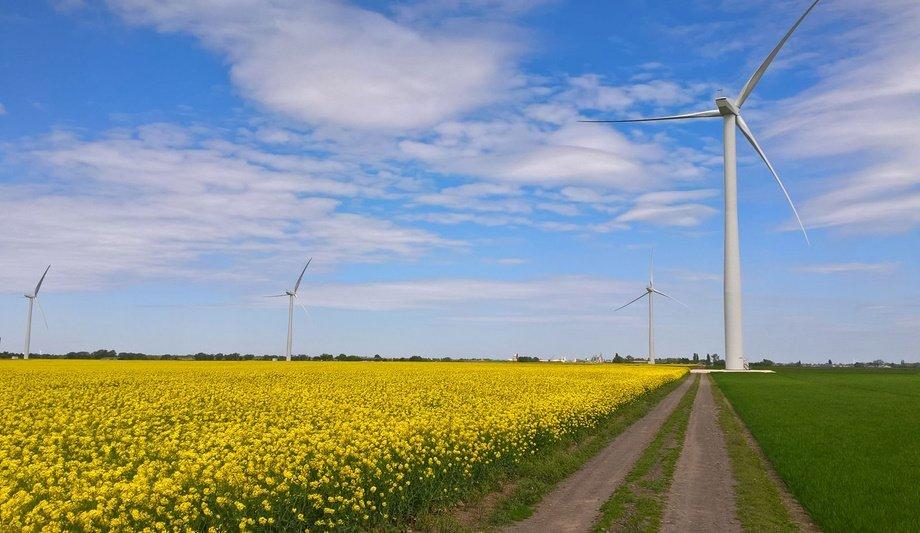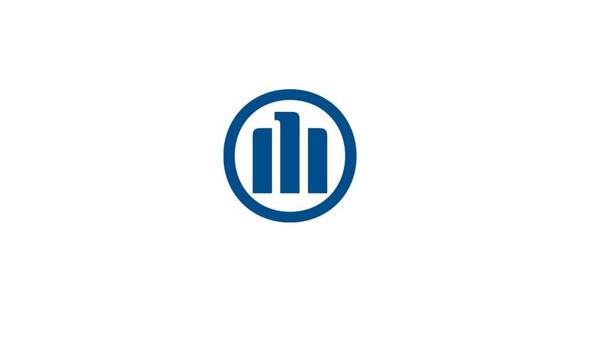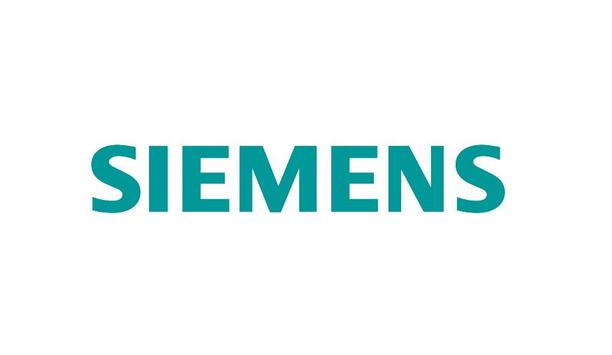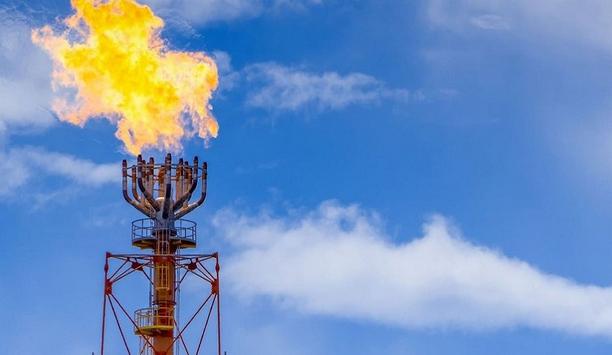RWE is further refining its commitment to biodiversity and has joined a global initiative by the Science Based Target Network (SBTN). Around 100 companies, associations and experts are working on developing scientific criteria to measure the effects on biodiversity as part of the SBTN's 'Corporate Engagement Program'.
RWE’s target for 2030 is for new assets to have a positive contribution to biodiversity in their vicinity overall. Sustainability is an integral part of RWE's corporate strategy, with a particular focus on biodiversity.
Third-party evaluations confirm RWE's enhanced efforts to boost sustainability. The independent rating agency EcoVadis recently elevated the company's standing by awarding it gold status, which means RWE is now in the top five percent of all assessed companies. Having achieved the strongest improvement in its sector worldwide, the S&P Global credit rating agency named the company 'Industry Mover 2022'.
Sustainability - Integral part of RWE’s corporate strategy
We want to be able to measure these improvements and exchange our experiences with others"
“Sustainability is an integral part of RWE’s corporate strategy. We are focusing on biodiversity in particular. When constructing a new onshore wind farm, for example, we are aiming to improve biodiversity compared to before the start of the project. We want to be able to measure these improvements and exchange our experiences with others through the Science Based Target Network's Corporate Engagement Program to develop relevant criteria,” said Dr. Jens Wiggershaus, Head of Sustainability, RWE AG.
Miniature nature reserves under wind turbines
Another biodiversity research project has recently started. RWE is currently assessing how various animal species can use the spaces around four onshore wind turbines as “stepping stones for biotopes” at the Garzweiler recultivation area.
These miniature nature reserves will connect two existing biotopes with each other. Small, man-made water bodies, heaps of stones, and flower strips were established to create species-appropriate habitats for yellow-bellied toads, sand lizards, wild bees, and others. The results from the research are to be used as a blueprint for all onshore wind farms across the RWE Group and thus enhance biodiversity at many of its sites.
In the Rhenish mining district, RWE can avail of the experience within the recultivation research center, which has been monitoring and improving recultivation measures since 1994. Up to now, 23,000 hectares have been recultivated and more than 1,500 plants as well as 3,100 animal species have been identified.







